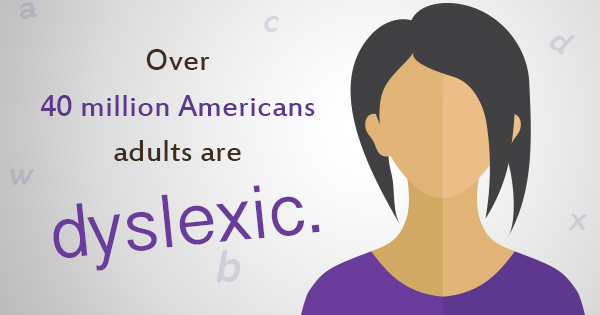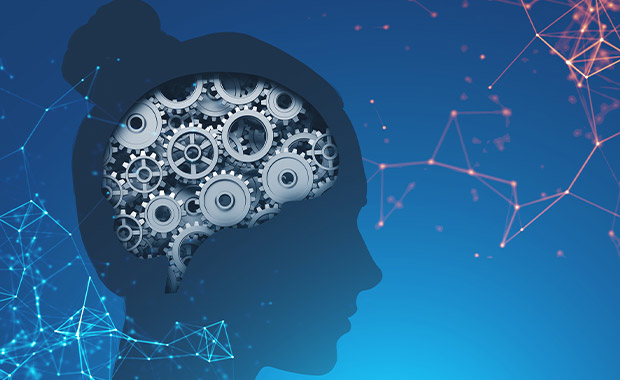
It’s estimated that over 40 million Americans adults are dyslexic, but sadly, only 2 million are aware of their disorder.
A person with dyslexia typically struggles with reading and interpreting words, letters, and symbols. Though this disorder can be quite difficult for students and individuals who are learning something new, it does not impact general intelligence at all.
If you believe that you or your child has dyslexia or any other learning disability, it’s best that you schedule an appointment with a neuropsychologist and undergo dyslexia testing. In addition to speaking with a medical professional, it’s best to fully understand the various signs and common characteristics of this learning disorder:
- Highly intelligent and articulate but unable to read, write, or spell at any grade level.
- Poor self-esteem, easily frustrated when it comes to cognitive performance, disguises weaknesses with compensatory strategies.
- Highly talented in music, sports, mechanics, drama, art, sales, business, designing, building, or engineering.
- Constantly loses track of time, daydreams often, and gets lost easily.
- Easily distracted by certain sounds and hears things not said or apparent to others.
- Trouble with transcribing or copying and has an unusual pencil grip.
- Struggles managing time and has trouble with sequences.
- Can count and do arithmetic well but struggles to count certain objects and fails with word problems.
- Trouble with money.
- Either a very high or very low tolerance for pain.
- Prone to ear infections.
- Sensitive to certain foods, chemical products, and additives.
- Difficulty summarizing stories they are familiar with.
- Trouble understanding jokes or expressions that have a meaning not easily understood like idioms.
- Trouble learning a foreign language.
Don’t neglect any of these signs because you could be jeopardizing your professional and educational aspirations. Professional neuropsychologists can assist you or your loved one with cognitive testing and can provide you with everything you need to know about next steps.
If you want to learn more about neuropsychological testing or speak with a professional neuropsychologist, contact the Cognitive Assessment Group today.

